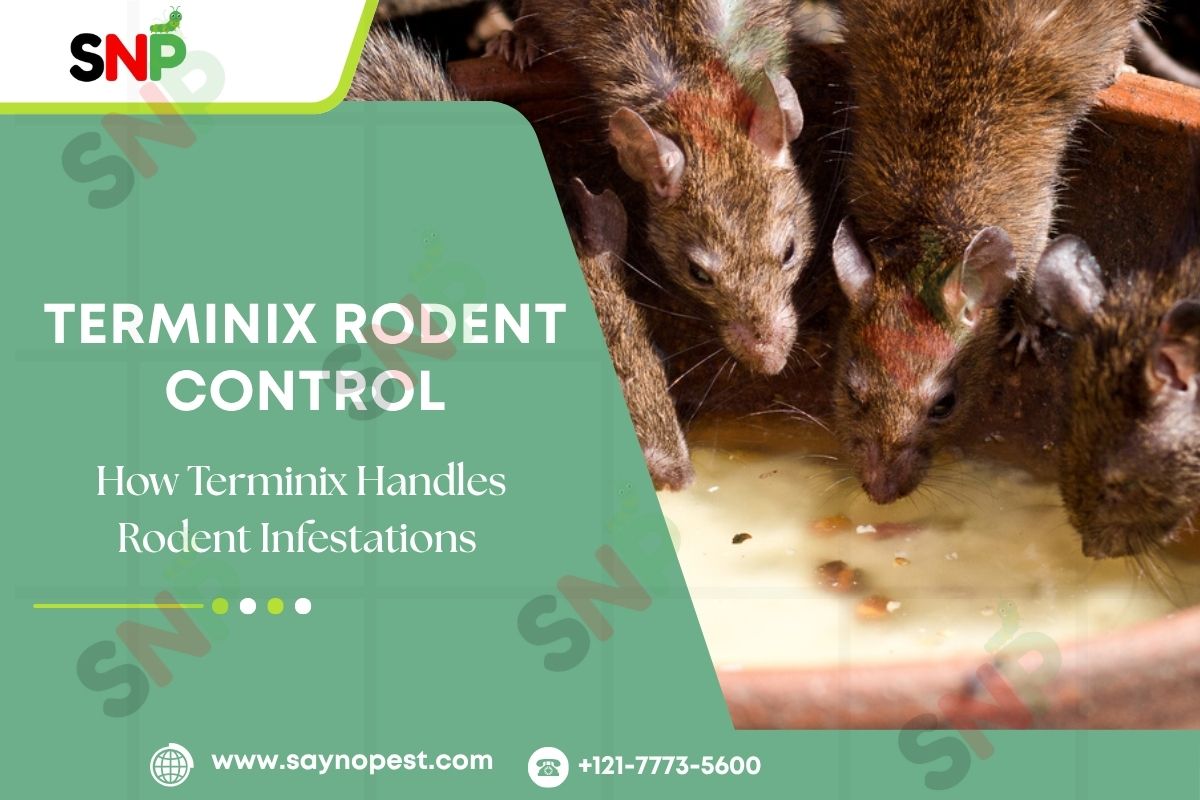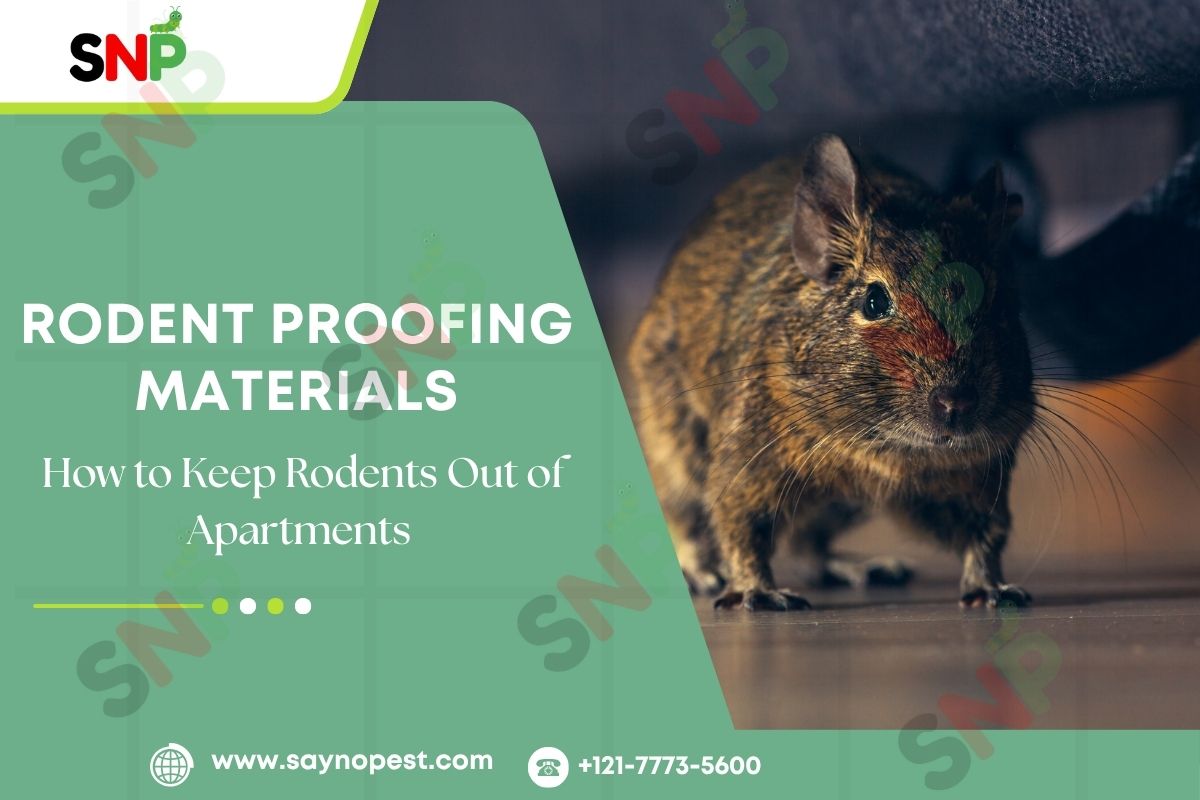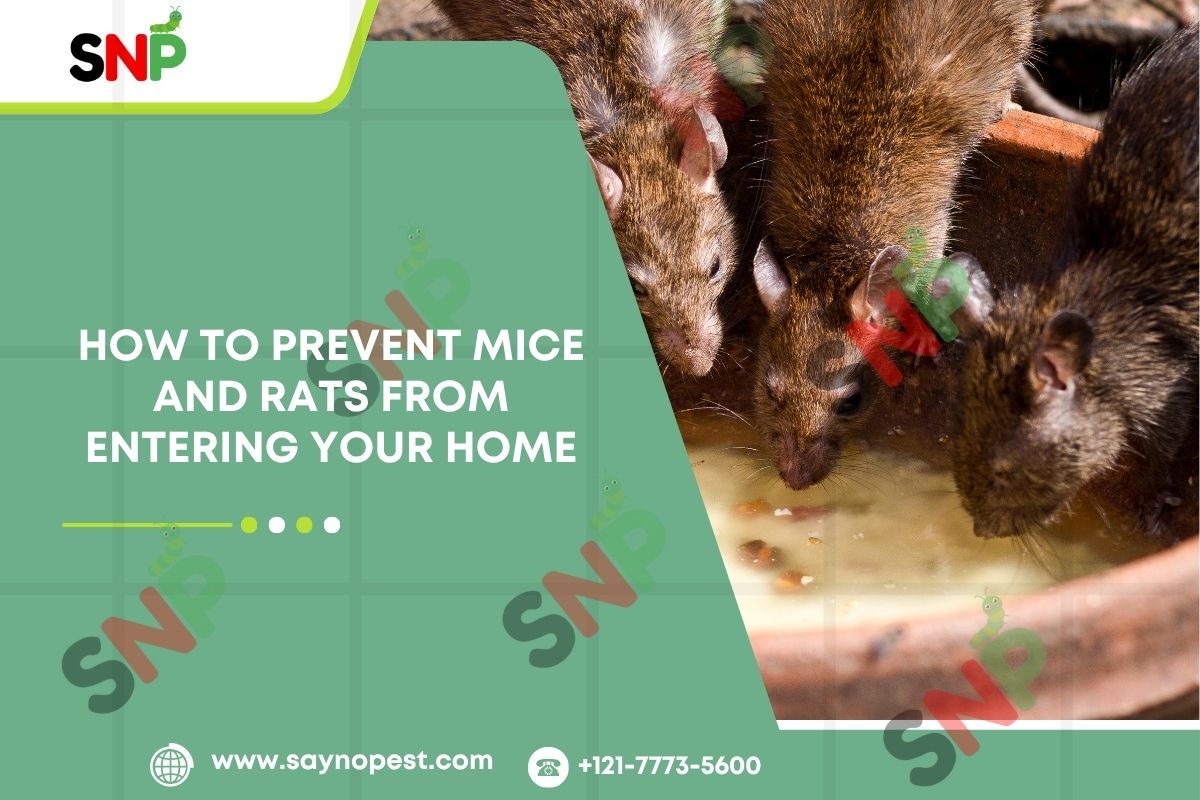Many homes in the U.S.A. face rodent problems a lot. Because their home gives them food, shelter, and hiding spots for mice and rats. These pests spread health problems, damage wiring and clothes, and harm food. Homeowners need a clear & best method. In many cases, experts and the best treatment will help you to get rid of them. This blog will help you know how Terminix rodent control works and how their process helps cities and households maintain their safety & comfort.
The rodent problem in U.S. cities
Cities are major places where you can find rodents easily. Jam places, hotels, and buildings give mice and rats the best place to live. Common urban types include house mice, Norway rats, and roof rats. These animals reproduce fast. A small invasion can become large in a short time. Signs of infestation are droppings, tear marks, a bad smell, and running noises at night. Serious invasion can cause a health problem and require a heavy amount to repair.
It is very important to understand the mice invasion at the right time because this helps to get rid of them. Homeowners who understand this problem quickly can reduce the time rodents have to nest and breed. That is why many people choose to use expert services like Terminix rodent control for fast, effective help.
Why DIY often doesn’t solve the problem
Home traps and sprays can reduce the number of rodents. But these methods often miss nests and entry points. Rodents hide in walls, attics, and crawl spaces. They can enter homes with the help of very small gaps. Temporary fixes may stop them for a short time, but it does not work at a time of serious invasion and do not remove the main place of the rats. Future protection needs proper checking, best treatment, and proper work. That is the approach used by the best expert offering, like Terminix mice control and broader rodent services.
The Terminix approach — step by step

Below is a clear, simple process that Terminix typically follows. This step-by-step method is educational for homeowners and helps explain what to expect when hiring pest control professional help.
Step 1 — Thorough inspection
The best expert starts with a full check. They look at droppings, nesting sites, grease spots and points of entry. They inspect the attic, garage, outside walls, basement and the kitchen. This check-up makes them aware of whether the problem is severe or not and what kinds are in question. A good inspection helps in making the best treatment and getting rid of rodents with the best methods.
Step 2 — Customized treatment plan
After inspection, the experts explain the best plan and target. The plan covers removal methods, refusal needs, and follow-up visits. During this time, they keep proper check on the process. For households with children or pets, their plan will suggest names of which tools and baits are safe to use. This main plan is central to Terminix rodent control because every home is different.
Step 3 — Targeted removal and control
Experts use various types of products: traps, bait stations placed in safe places, and, when needed, rodent-specific treatments. They place controls where rodents are seen the most, not just where they are first seen. For large or serious infestations, services such as rat extermination Terminix may include sealed bait stations and help monitoring to make sure all rodents are removed.
Step 4 — Exclusion and repairs
Removing rodents is not only part of the problem. A lasting fix needs filling entry points. Cover all the gaps which experts have identified in foundations, vents, doors, and utility lines. They will suggest or perform repairs like filling the holes, using door sweeps, and securing vents. Proper protection will help the homeowner to avoid future invasion. This is a main part of successful terminix mice control plans.
Step 5 — Education and prevention
Terminix experts will help you educate about the tips that help avoid future invasion and reduce the mouse problem. That includes keeping food in air-tight boxes, removing waste, dumping garbage, and keeping vegetation trimmed away from the house. Homeowner habits play an important role in future protection. Terminix experts provide simple checklists and tips so families can help prevent a new infestation.
Step 6 — Follow-up and monitoring
Good pest control includes follow-up. Technicians return to check traps and signs of activity. They adjust the plan if needed. Regular checking helps in the detection of any reinfestation early in advance. This is included in the service that the Terminix rodent control offers, as it will defend the homes not only once but also in the long term.
How Terminix Helps Homeowners Handle Rodent Infestations
Terminix has made a strong brand image for efficiency and the best in pest control services. They have the proper experience and teams across the country; their experts understand how to get rid of infestations even in America’s big cities.

When customers call for help, Terminix rodent control services start with a fast response inspection. The expert explains each step clearly, helping homeowners to understand what the service is and its importance. This educational approach makes trust and reduces confusion.
Customers receive practical advice on preventing future problems—like proper waste storage, outdoor maintenance, and household tips. By mixing customer education with modern pest treatment methods, Terminix not only removes identified rodents but also makes the future protection plans.
Specialised Terminix Mice Control for Small Infestations
Mice are smaller, but they cause the same level of damage to the property. They can squeeze their size and enter small openings and reproduce quickly. Terminix mice control focuses on safe and strategic removal.
Experts use the best traps, bait stations, and non too dangerous chemical materials, which are best for family homes. They check inside the boxes, pantries, and wall spaces where these rodents mostly nest.
An important feature of Terminix mice control is cleanliness and maintenance advising customers to manage storage spaces, remove extra waste, and seal the smallest gaps. This method helps in blocking future invasions while maintaining safety for children and pets.
For households that like regular protection, Terminix also offers recurring service plans that ensure proper checking throughout the year.
Conclusion
Rodent infestations are a serious problem for many homes in the United States. Proper treatment and the right methods. By combining careful inspection, targeted removal, proper take care, and homeowner education, Terminix rodent control gives the best way to avoid future problems.
Whether you face a mouse problem or a larger rat infestation, services like terminix mice control and rat extermination Terminix give the best treatment and customer help. If you identify any signs of rodents, consider a professional inspection to protect your home and family.



















